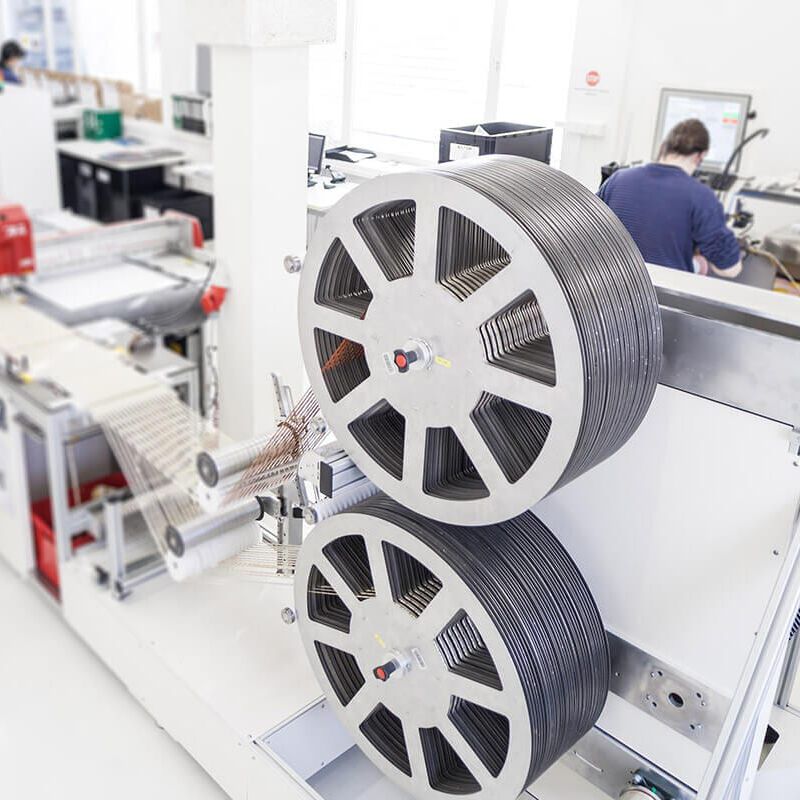A development organization must be able to deliver high quality results to the market within market cycles and customer expectations. This also means that development must be able to increase its pace and number of deliveries as the customer base grows and the Product portfolio diversifies.
One of the most effective ways to improve is to reduce waste in the development process, such as unnecessary meetings, long and complicated decision-making processes and unnecessary handovers. Unused skills and low quality of developed products also contribute to the waste of valuable development resources.





